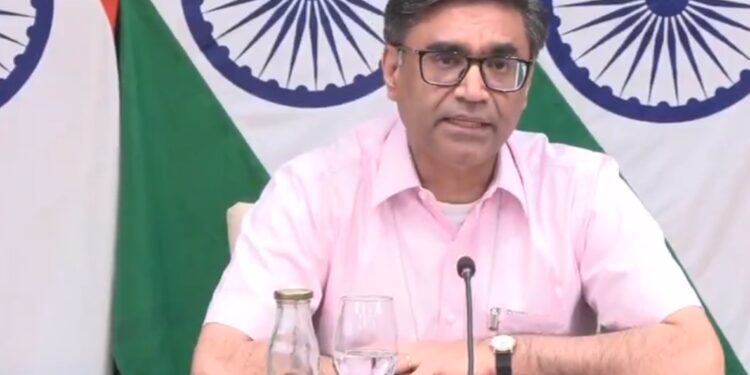In an assertive response to the recent terror attack in Pahalgam, Jammu and Kashmir, which claimed the lives of 26 people, including one foreign national, India has taken several significant steps to hold Pakistan accountable.
The Cabinet Committee on Security (CCS), led by Prime Minister Narendra Modi, announced measures to combat cross-border terrorism and protect national security.
Among the most impactful actions was the indefinite suspension of the Indus Waters Treaty, a landmark agreement signed in 1960 that governs water-sharing between the two nations. The treaty’s suspension will halt the flow of six major rivers, including the Indus, Jhelum, and Chenab, to Pakistan, affecting millions of lives.
Additionally, the Attari-Wagah border has been closed immediately, limiting travel and movement. Pakistani nationals will no longer be permitted to travel to India under the SAARC Visa Exemption Scheme (SVES), and all existing SVES visas have been cancelled. Defence officials in both nations’ high commissions have been declared persona non grata, leading to their withdrawal. The staff strength of both high commissions will be reduced from 55 to 30 by May 1, 2025.
Foreign Secretary Vikram Misri emphasised the gravity of the measures, stating, “The CCS reviewed the overall security situation and resolved that the perpetrators of the attack will be brought to justice, and their sponsors held accountable.”
These bold decisions underscore India’s unwavering commitment to combating terrorism and safeguarding its citizens.






























